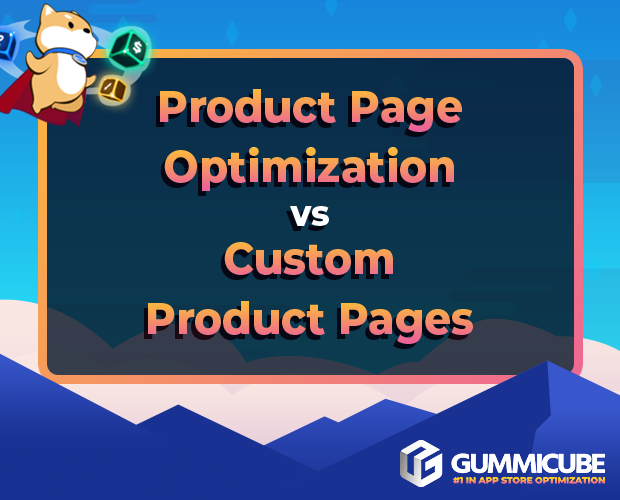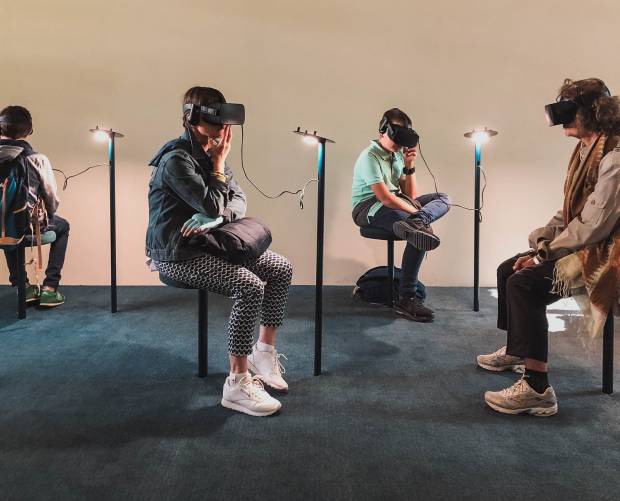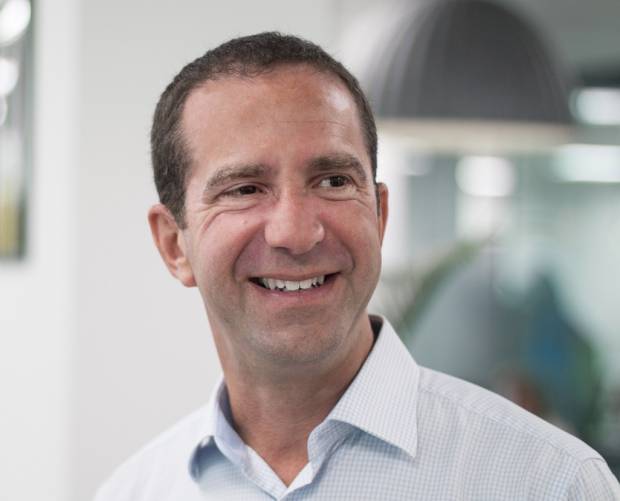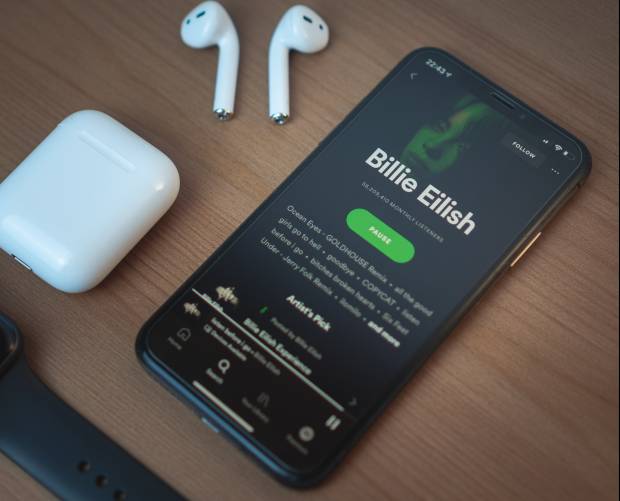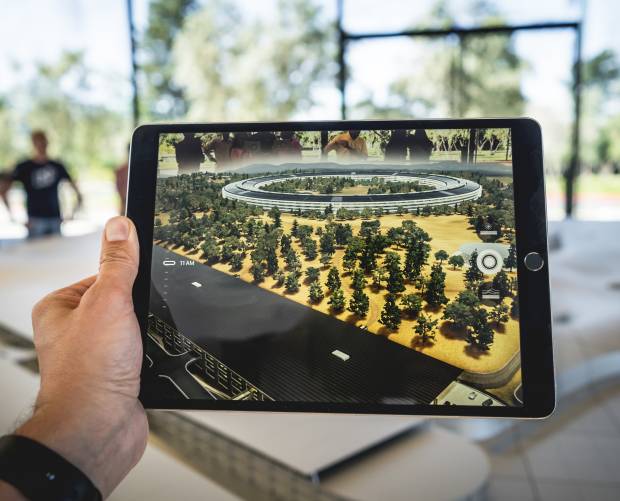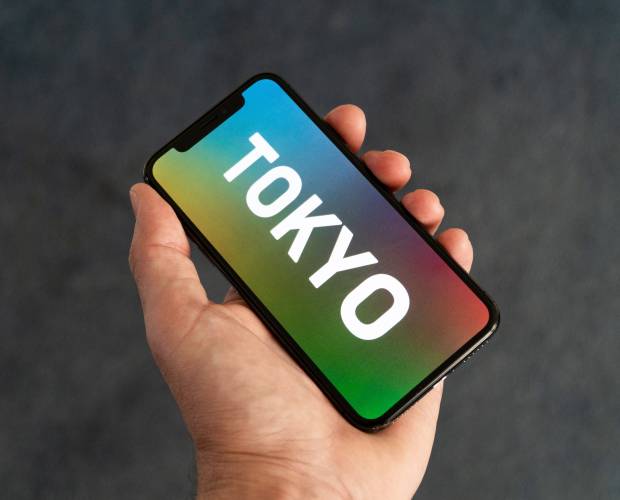It’s March, and for anyone in the mobile business, that can only mean one thing: Mobile World Congress is out of the way for another year.
This year’s event saw the usual raft of big announcements. Yahoo! unveiled Yahoo! Mobile, which is essentially a homepage for mobile browsing from where users can jump off to their favourite places. Gigafone launched its new digital advertising solution, Ochre, and announced nine partners from across the advertising value chain, including Yodel Digital and Sponge Group
Amdocs announced a mobile applications portal, the Amdocs App Store, describing it as a collaborative environment in which service providers and their third-party developer partners can develop, sell and profit from the digital applications and value-added services. Nokia was another firm to launch its own App Store.
Jinny Software launched its fully-managed Mobile Marketing & Advertising Service, which will provide advertising from agencies to the operator as a managed service and share the revenue earned from advertising with the operator.
Vodafone announced an agreement with Opera Software to develop a custom-made version of its Opera Mini mobile browser. Also on the browser front, Bitstream released its BOLT mobile browser as a free public beta offering, claiming that it is around 25% faster than its competitors when downloading full real web pages and multimedia content.
Zain announced plans to bring mobile banking to over 100 million people in East Africa with the launch of its Zap service, which will be available initially in Kenya and Tanzania, prior to its launch in Uganda.
And we were wowed by a demonstration of a mobile application called iPointer, which brings back information on public buildings to your phone simply by pointing your phone at the building in question. It’s not available yet, but its creator Intelligent Spatial Technologies, has big ideas to sell it to network operators as a local search solution. Having seen it for ourselves, we hope they succeed; it’s fantastic. To see more of our coverage of MWC, just enter ‘MWC;in the search box at the top of the left hand sidebar.
But there was more to the mobile world in February than Mobile World Congress. Bebo launched Bebo Open Mobile, a new global partnership program which will offer the mobile industry a suite of tools to provide their customers with access to the Bebo social networking experience.
Google announced the launch of Google Latitide, which lets users share their location, overlayed on Google Maps, with friends and family. Orange embarked on a £7 million marketing campaign to promote Orange Wednesdays, its 2-for-1 midweek cinema promotion which is arguably the longest-running and best-known mobile marketing campaign.
Independent mobile ad agency RingRing Media revealed that it had booked in excess of $4 million (£2.75 million) worth of mobile search and display advertising since it launched in June 2008. T-Mobile was rated the number one brand online in the Mobile sector, in the Kaizo Advocacy Index, which measures the online reputation of 20 major brands across four sectors. Orange came last.
Kirusa and Tetco-Voxpilot unveiled what they claimed is the world’s first Video SMS product. Kirusa says that Video SMS is the first in a series of 3G initiatives it is developing as an extension to its current Voice SMS offering.
And Vodafone ended a busy month by entering into an agreement with Microsoft which will see the operator offering businesses a single communications and collaboration solution composed of fixed and mobile voice and data, customer equipment and handsets, and Microsoft Online Services.
Phew, it's been some month. Stay tuned throughout March for all your mobile marketing news.
David Murphy
Editor




